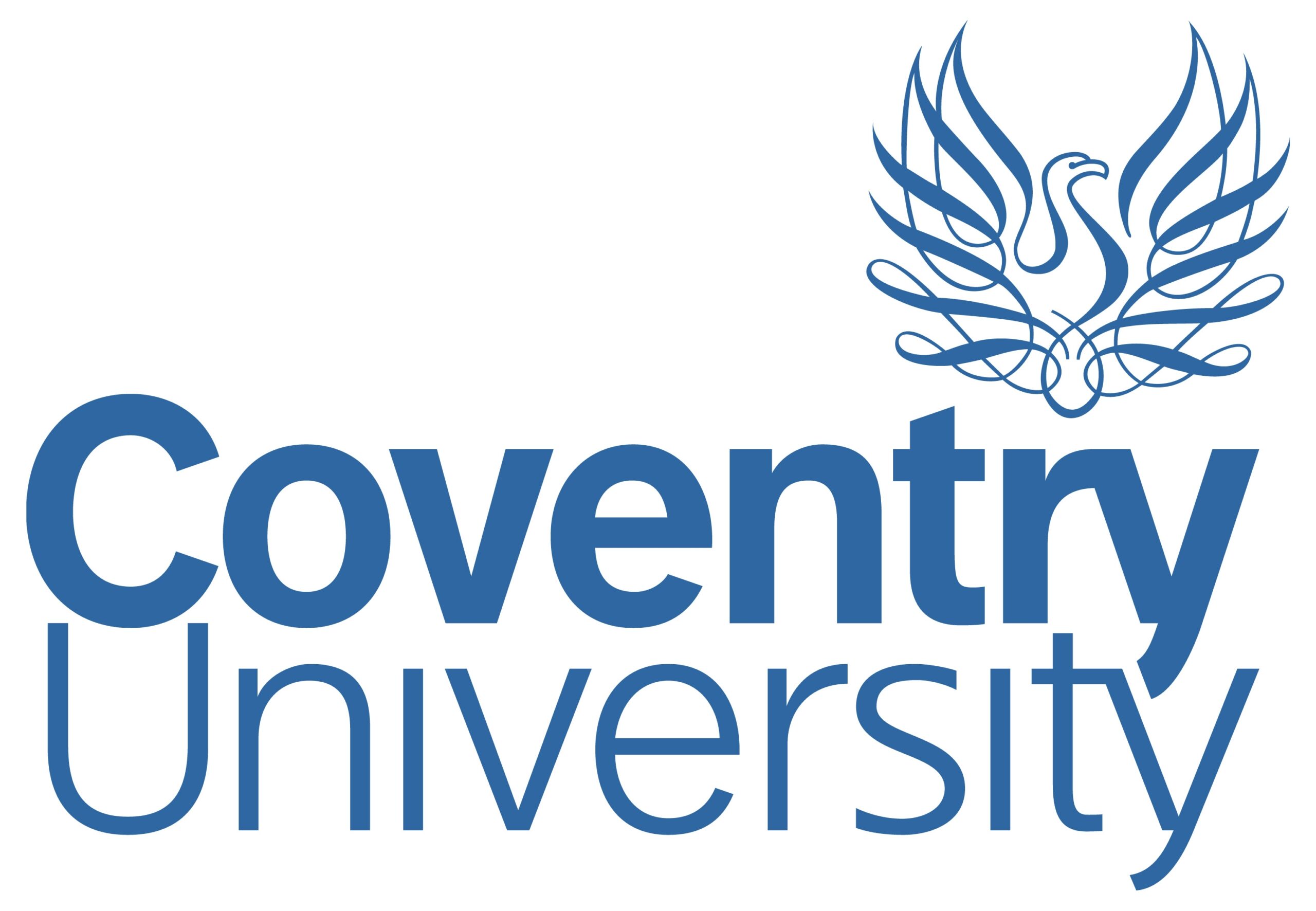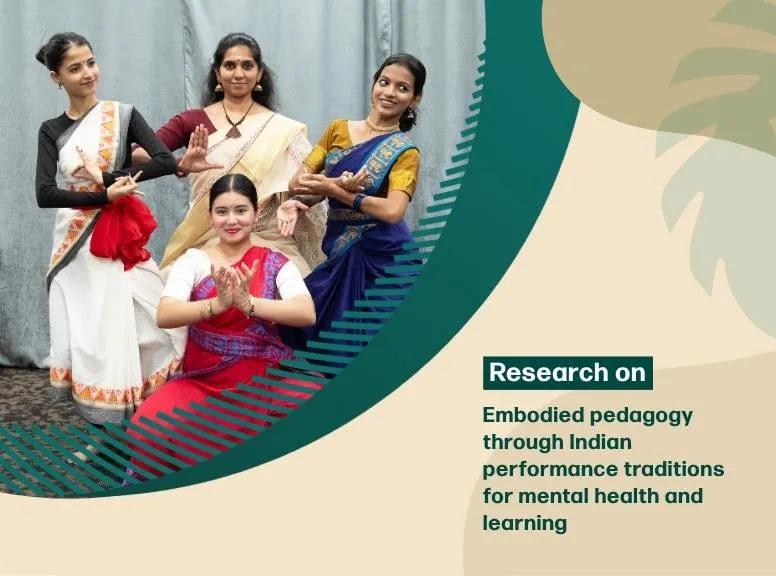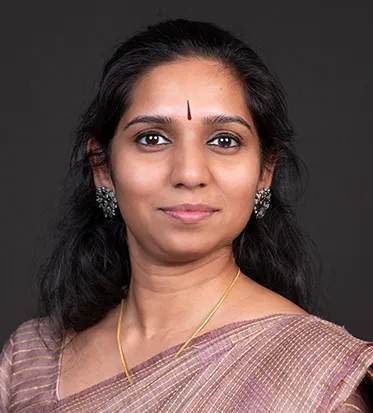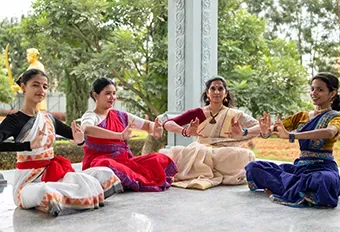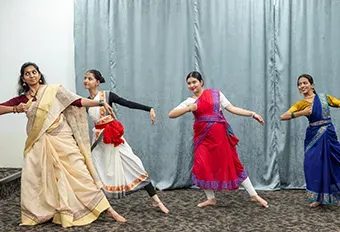Overview
The Embodied Pedagogy through Indian Performance Traditions for Mental Health and Learning Project at GITAM investigates the intersection of Indian performance traditions and contemporary academic inquiry. It emphasizes the significance of embodied movement, cultural transmission, and well-being, grounded in ancient dance treatises.
Indian dance serves as a rich repository of gestural knowledge that transcends aesthetic expression, encompassing cognitive, emotional, and social dimensions. The project aims to critically evaluate how these embodied practices can inform inclusive and culturally sensitive pedagogies. This research addresses the growing interest in traditional methodologies and embodied research practices within performance studies, as well as in the arts and the field of well-being.
Research team
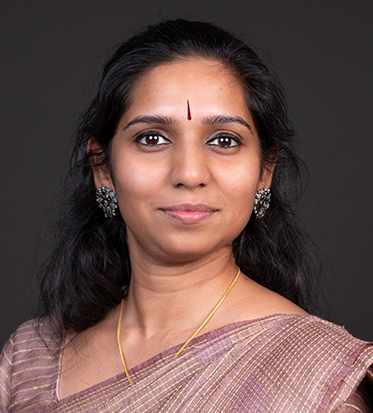
Dr. Divya Nedungadi
Principal Investigator
Department of Fine & Performing Arts, GITAM Bengaluru
Email: dnedunga@gitam.edu
Research objectives
To investigate how performance practices can contribute to contemporary pedagogical and therapeutic methodologies through embodied knowledge to foster inclusive education, enhance mental health, and preserve traditional knowledge.
To develop innovative pedagogies and an educational toolkit that enable the transmission of embodied knowledge through performance for enhancing cross-cultural and inclusive educational practices.
To contribute new cross-cultural knowledge on performance studies by foregrounding Indian performance tradition as a vital source of embodied knowledge, integrating traditional aesthetics with interdisciplinary approaches to promote inclusive education, cultural preservation, and holistic well-being.
Embodied pedagogy through Indian performance traditions for mental health and learning
Multi-disciplinary collaboration within GITAM
The project is a collaboration between the Department of Artificial Intelligence and Data Science Engineering(AIML), Center of Xtended Reality and the Department of English and Other Languages, illustrating the university’s culture of cross-disciplinary engagement and academic synergy.
Multi-disciplinary collaboration within GITAM
The project is a collaboration between the Department of Artificial Intelligence and Data Science Engineering(AIML), Center of Xtended Reality and the Department of English and Other Languages, illustrating the university’s culture of cross-disciplinary engagement and academic synergy.
Research approach
This interdisciplinary project employs a range of qualitative and arts-led approaches to address the research questions. It draws on knowledge in performance studies, dance pedagogy, and cultural psychology. This methodology is structured into three interconnected components: textual analysis, embodied practice, and ethnographic inquiry.
- Textual and Theoretical Analysis: The study commences with a comprehensive review and analysis of aesthetic principles as articulated in dance treatises, with a particular focus on concepts such as rasa (emotional flavor) and dhvani (suggestive meaning). These principles are examined alongside contemporary theories of affect, embodiment, and sensory experience to construct a robust conceptual framework. Advances in arts and well-being, as well as inclusive pedagogy, are also/ examined.
- Practice-led Inquiry: The candidate undertakes a reflexive and embodied exploration of selected performance techniques and training modules. This autoethnographic component documents the physical and emotional experiences of aesthetic principles during training and performance. The insights gained contribute to the reinterpretation of traditional practices for application in new contexts, such as community workshops or educational curricula.
- Ethnographic Fieldwork: The research employs participatory observation and semi-structured interviews with performers, dance instructors, students, and community participants in both India and the United Kingdom. These interactions aim to investigate the transmission and reception of embodied knowledge across cultural boundaries, as well as to examine how emotional and sensory responses vary in different contexts. This is supported by the co-creation of a pedagogical toolkit to assist educators in both the UK and India.
The data is analyzed thematically, employing methodologies from cultural studies and qualitative psychology. The triangulation of findings derived from textual analysis, embodied practice, and fieldwork enables a comprehensive and multi-dimensional understanding of the impact of performance traditions on human experience and learning. This holistic methodology not only addresses the research questions but also exemplifies an inclusive approach to the production of academic knowledge through the arts.
Research outcomes and impact
- To develop new teaching methodologies that are inclusive and culturally sensitive, shaped by lived, embodied practices, particularly from Indian traditions.
- To directly contribute to mental health support by embedding performance arts into therapy and educational well-being strategies.
- To enrich global academic dialogue through the integration of traditional knowledge systems.
GITAM provided comprehensive support for this research through access to state-of-the-art facilities, including the Dance Studio and the Center for Xtended Reality.
The infrastructure and technical guidance offered by GITAM’s research ecosystem played a vital role in facilitating creative experimentation, documentation, and analysis. This support reflects GITAM’s commitment to advancing interdisciplinary and practice-based research that bridges tradition and innovation.
Research outcomes and impact
- To develop new teaching methodologies that are inclusive and culturally sensitive, shaped by lived, embodied practices, particularly from Indian traditions.
- To directly contribute to mental health support by embedding performance arts into therapy and educational well-being strategies.
- To enrich global academic dialogue through the integration of traditional knowledge systems.
Research support from GITAM
GITAM provided comprehensive support for this research through access to state-of-the-art facilities, including the Dance Studio and the Center for Xtended Reality.
The infrastructure and technical guidance offered by GITAM’s research ecosystem played a vital role in facilitating creative experimentation, documentation, and analysis. This support reflects GITAM’s commitment to advancing interdisciplinary and practice-based research that bridges tradition and innovation.
Collaborators
